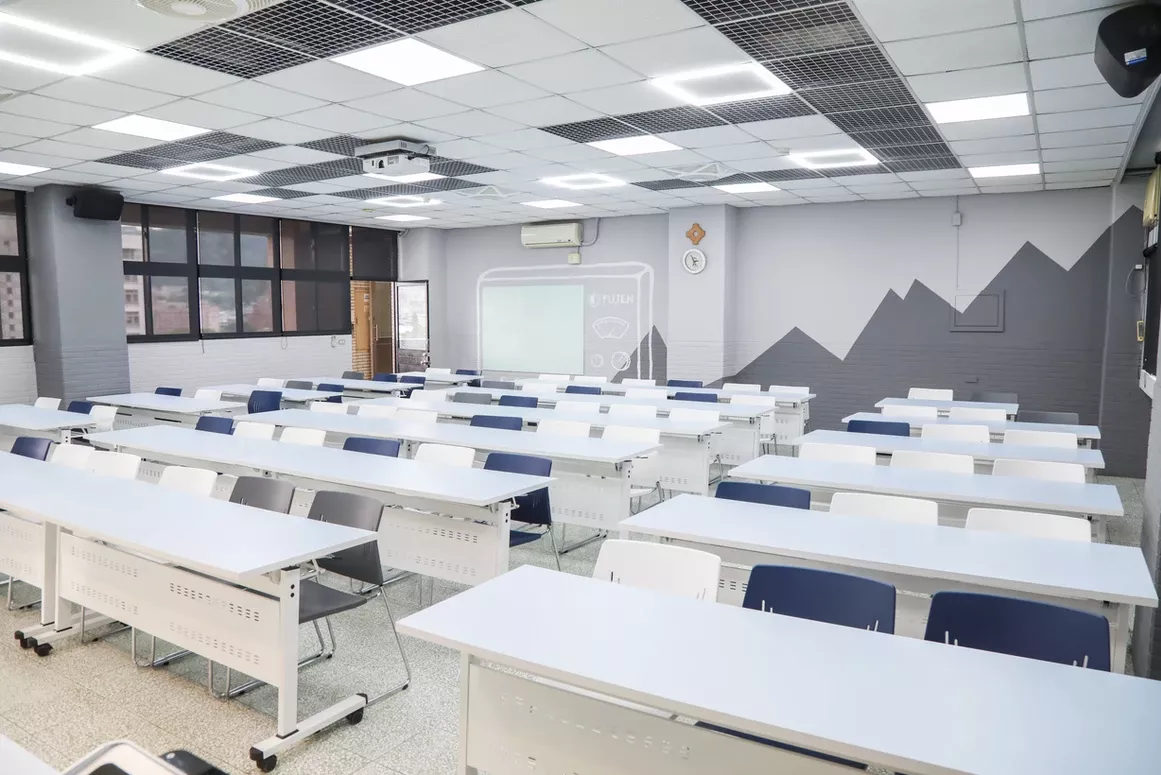

To cater the need of our country in developing economic growth and high technology, the Department cultivates high quality professionals particularly in the areas of communication, computer and network, system engineering and very large scale integrated circuit design/computer aided design (VLSI/CAD). Furthermore, the Department educates students with emphasis on the humanistic spirit and professional ethics, so as to foster healthy, self-confident, competitive talents with humanitarianism.
All staff in our department are engaged in doing research and perfecting teaching methods. They also actively participate in services in and outside of school and international academic activities.
The research and teaching specialization in the Department of Electrical Engineering includes four areas:
(1) Communication
The focus is on communication system technologies, such as the third and the fourth generation communication systems, signal processing for wireless, system analysis, communication chip design, RF circuit design and radar system design.
(2) Computer and network
The focus is on computer system integration technology, such as the development of multimedia system in image processing, pattern recognition, heterogeneous network, network communication and computer system applications.
(3) System engineering
The focus is on system engineering technology, such as variable structure control, intelligent control, power electronics, electromagnetic compatibility and electromagnetic interference, and medical electronic system such as biomedical ultrasound.
(4) VLSI/CAD.
Communication: The focus is on communication system technologies, such as the third and the fourth generation communication systems, signal processing for wireless, system analysis, communication chip design, RF circuit design and radar system design.
